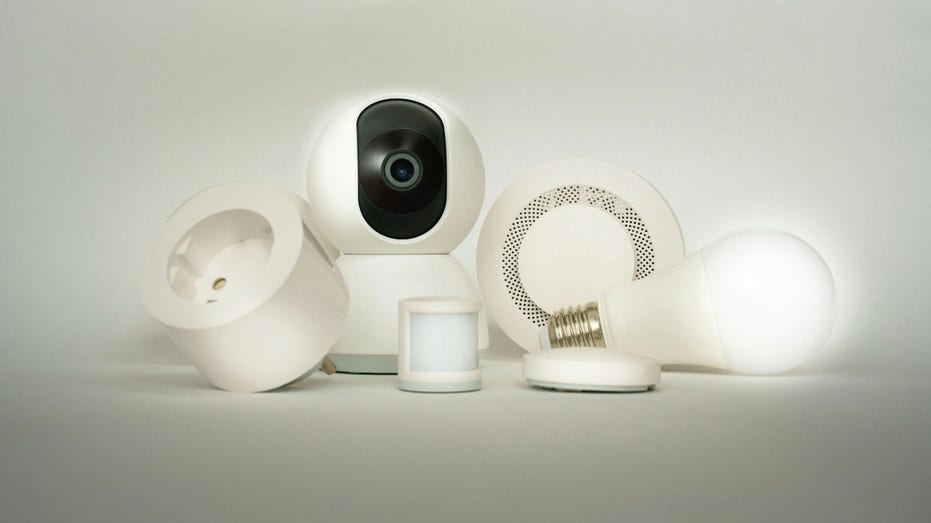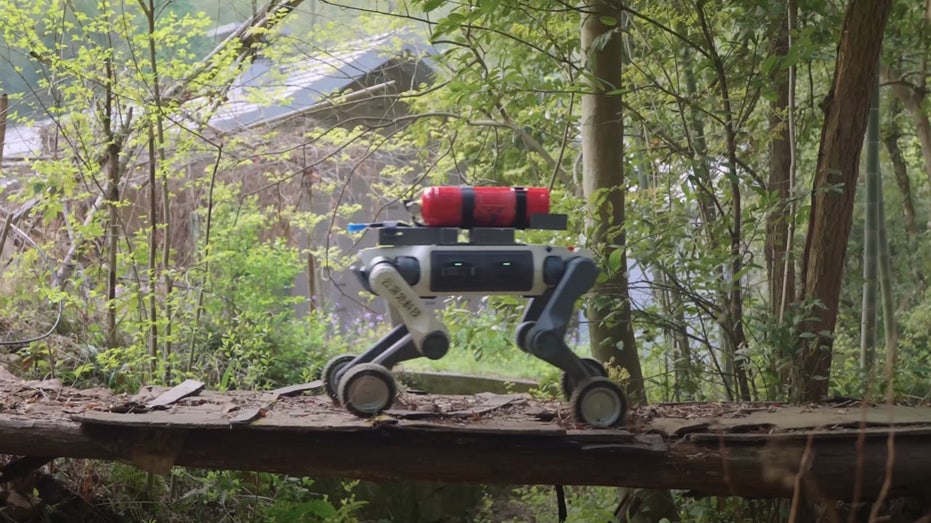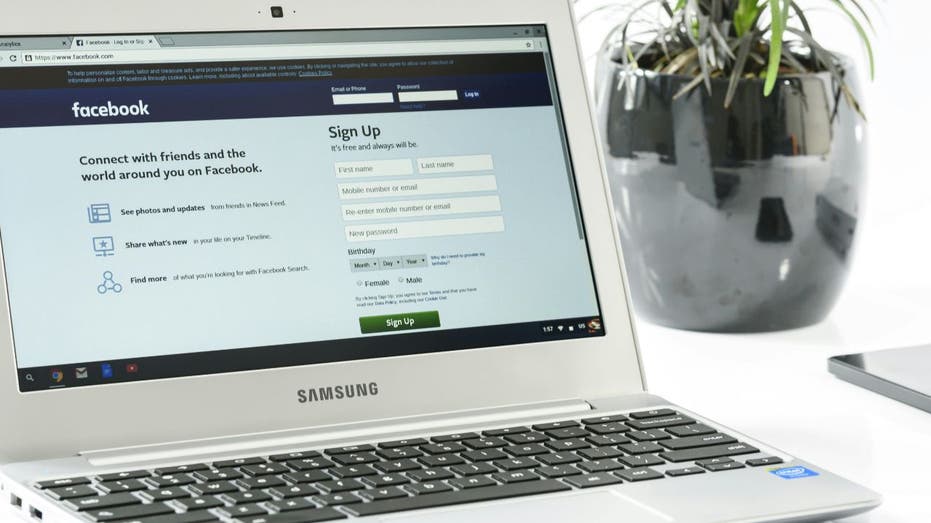- by foxnews
- 23 May 2025
Are your smart home cameras spying on you? Study reveals shocking data grabs
A new study says outdoor security camera apps are among the biggest collectors of user data, including phone numbers, payment details and precise location.
- by foxnews
- 30 Dec 2024
- in technology

Smart home cameras have become a necessity. You already know they help keep an eye on what's happening indoors and outdoors, even when you're not home.
This includes sensitive personal information like email addresses, phone numbers, payment details, precise location and more.
One of the biggest concerns with both outdoor and indoor security camera apps is the kind of data they collect. Many of these apps gather personal info like your name, email, phone number and physical address. Some apps, such as Arlo, Deep Sentinel, and D-Link, even grab data about your contacts, which can be accessed outside of the app. This data isn't actually necessary for the apps to do their job.
The absence of regulations and standards for smart home devices creates significant privacy risks. Without clear guidelines, users are vulnerable to data breaches, cyberattacks and even physical harm. Some apps track users for targeted ads or share data with third parties and data brokers. While outdoor security cameras typically avoid tracking, indoor cameras like Nooie and Canary Connect engage in user tracking, further complicating privacy concerns.
1. Limit data sharing: Look for smart home camera apps that allow you to control what data is shared. Many apps offer settings that let you disable certain data collection features, like location tracking or audio recording. Customizing these settings can significantly reduce your risk of exposing personal information.
2. Regularly review and update privacy settings: Smart home cameras often receive software updates that may change privacy settings. It's important to regularly review the app's privacy settings to make sure they align with your preferences. Disable features that aren't essential, such as sharing data with third-party apps or advertisers.
5. Be mindful of camera placement: If your camera is collecting sensitive data like audio or images of people in your home, be mindful of where you place it. Avoid positioning cameras in private areas like bedrooms or bathrooms. This reduces the amount of potentially sensitive data the camera can capture.
6. Consider using local storage instead of cloud services: Some cameras offer local storage options, where footage is stored directly on a device like a hard drive or SD card, rather than in the cloud. This keeps your data more secure since it's not accessible via the internet and is less likely to be exposed during a data breach.
8. Regularly review privacy policies: Stay informed about how your devices and apps collect, store and share your data. Ensure that you are aware of any changes to privacy terms that may affect your information.
The rapid rise of IoT tech has changed the way we live and interact. But without proper rules in place, companies might put profits over user safety. This can lead to devices with security holes and weaknesses. A lot of smart home cameras are collecting more data than they really need and aren't clear about what they're doing with it. It could be sold to third-party companies or used to target you with ads.
Follow Kurt on his social channels
Answers to the most asked CyberGuy questions:
New from Kurt:
Copyright 2024 CyberGuy.com. All rights reserved.
- by foxnews
- descember 09, 2016
United Airlines flight returns to Hawaii after concerning message found on bathroom mirror; FBI investigating
United Airlines Flight 1169 to Los Angeles returned to Hawaii after a "potential security concern" aboard the plane. The FBI and police are investigating.
read more





